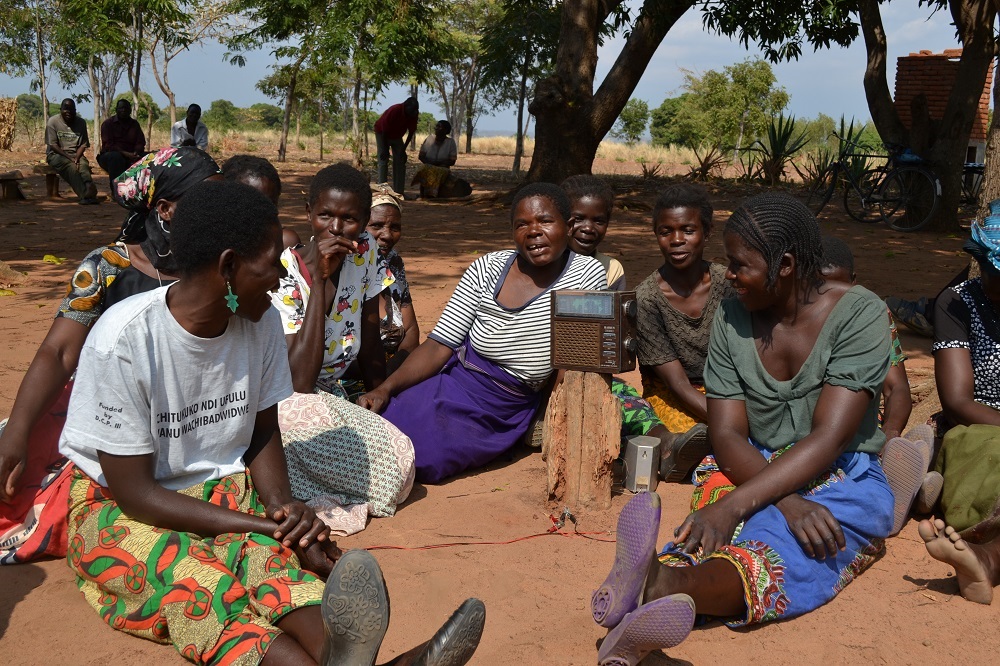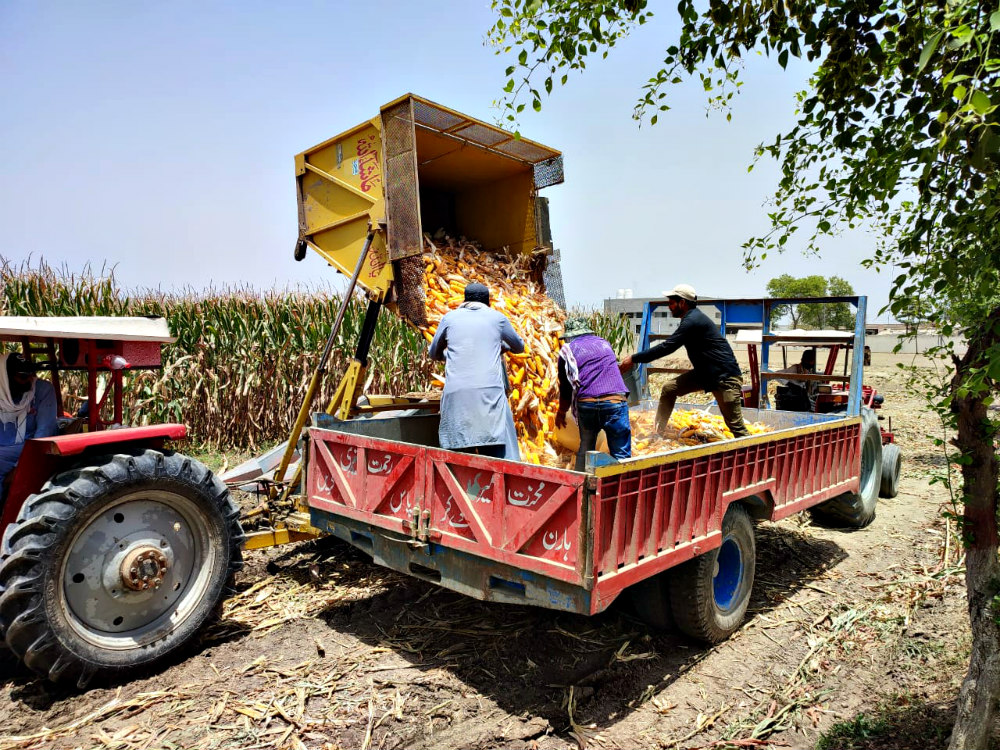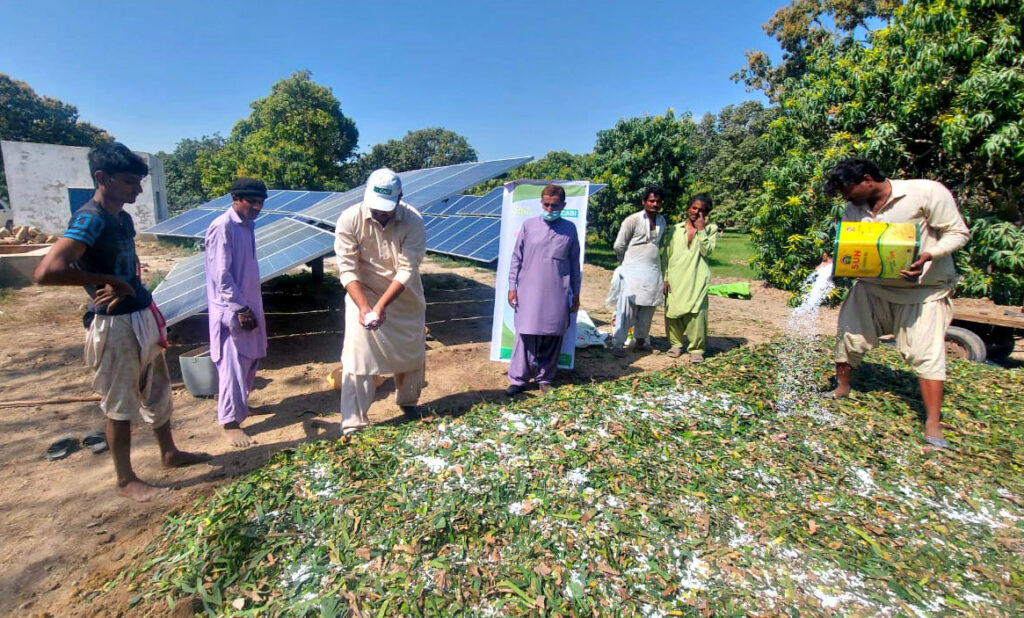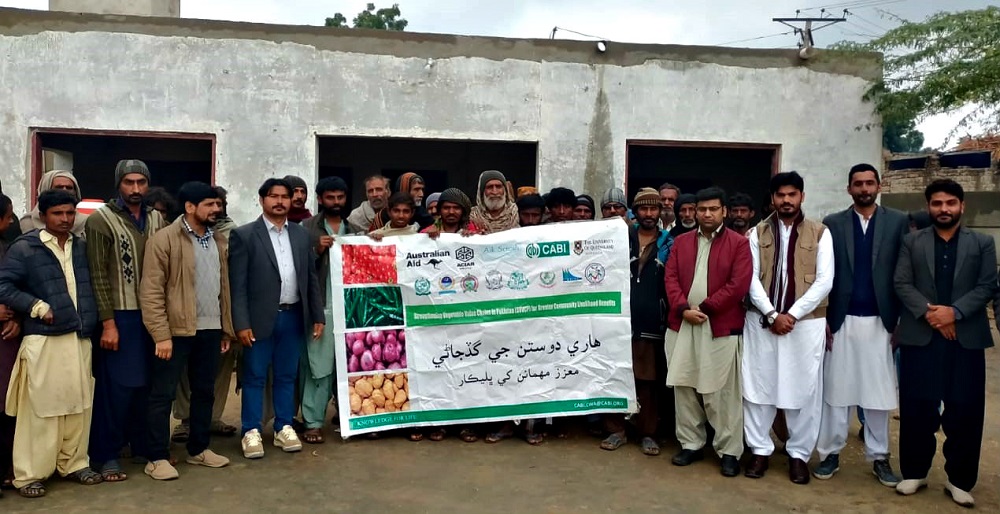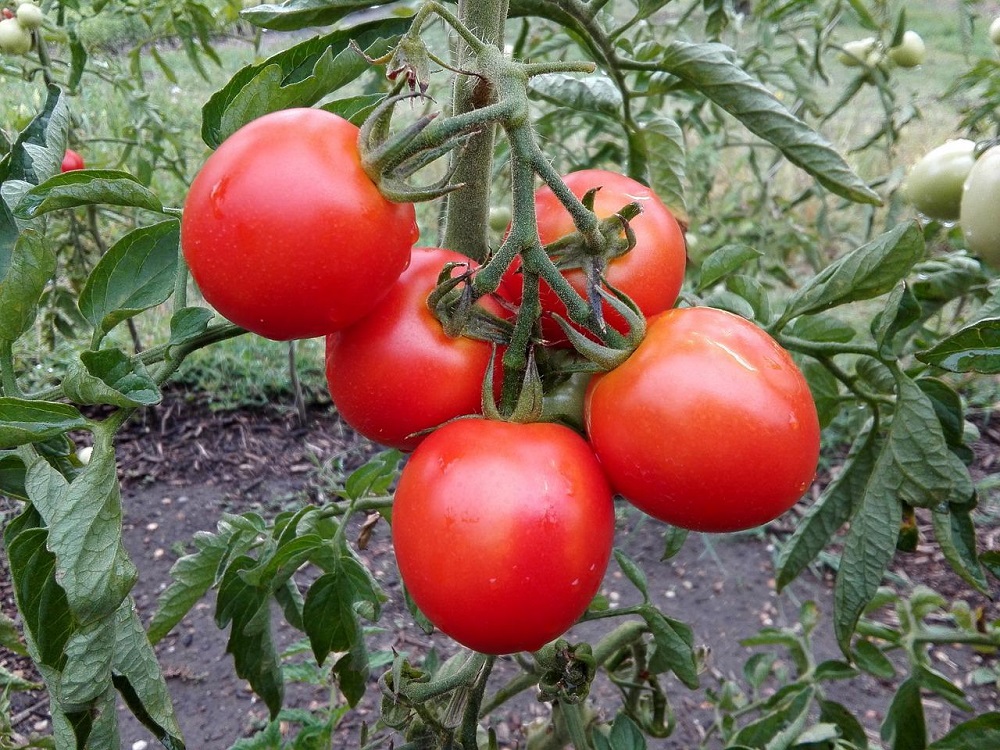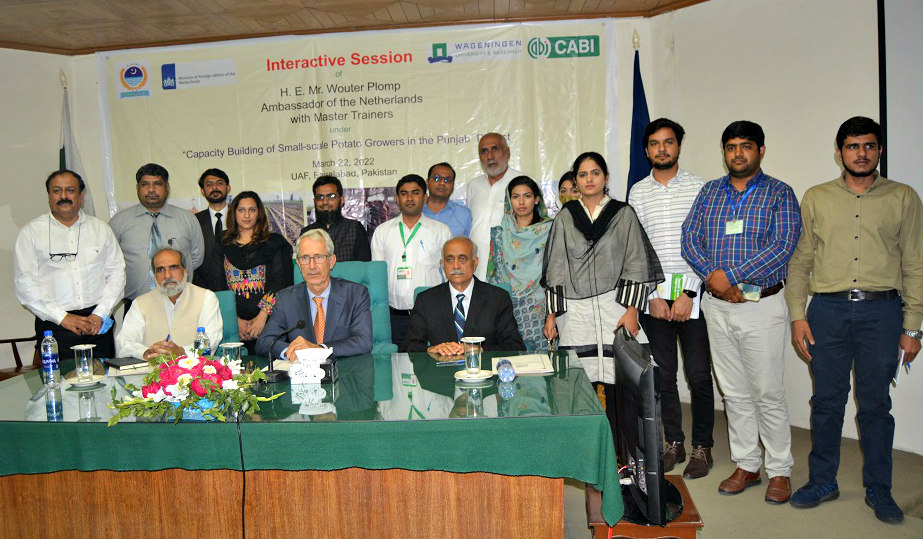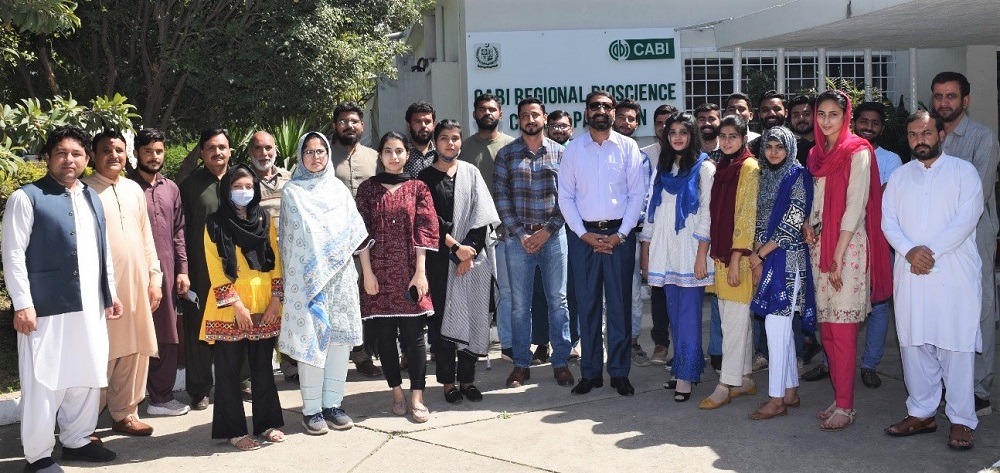CABI Blog
You are here: CABI Blog
CABI shares expertise in digital extension and advisory services at FAO workshop
July 26, 2022
Wayne Coles
1 comment
CABI has shared its expertise in digital agricultural and advisory services for smallholder farmers as part of Food and Agriculture Organization of the United Nations (FAO)-led capacity building workshop.
Maize cob picker helps increase efficiency of harvests in rural Punjab, Pakistan
July 26, 2022
Shakeel Ahmad
No Comments
Maize farmers in rural Punjab, Pakistan, are realizing the benefits of mechanized harvest technology thanks to a Chinese-made maize cob picker which improves efficiency by 50 percent.
Using compost to grow better cotton in Pakistan: a farmer’s story
June 13, 2022
Ghulam Mustafa, Mushtaque Kalroo
1 comment
This is the story of smallholder cotton farmer Wazeer Ali, who was supported by CABI in Pakistan under the Better Cotton Initiative (BCI) in 2021, and is reaping the benefits of composting for his crop.
Better livelihoods sought for smallholder onion farmers
June 9, 2022
Azeem Hayder, Habat Ullah Asad
No Comments
Pakistan is the fifth largest onion producer with a total area of around 131.4 thousand hectares and annual production of 1.8 million tons. Most of the onion farmers are smallholders and face challenges such as smaller volumes and fluctuating prices due to a production-led approach.
Launching a career in science journalism
May 30, 2022
Charles Wendo
No Comments
What next after science journalism training? How does a new science journalist hit the road running? How can they earn a living in science journalism? How can they find the media outlets to publish their science stories? How can they get compelling story ideas and successfully pitch them to editors?
CABI contributes to infographic revealing impacts of COVID-19 on farm households in Pakistan
May 25, 2022
Wayne Coles
No Comments
CABI has contributed to new research findings in an infographic from the Asian Development Bank (ADB) which reveals the continuing impacts of the COVID-19 pandemic on farm households in Pakistan.
Dutch ambassador to Pakistan receives update on country’s potato capacity building project
May 23, 2022
Ijaz Ashraf, Maila al Saba Shah, Yasar Saleem Khan
No Comments
His Excellency Wouter Plomp, Ambassador of the Embassy of the Kingdom of the Netherlands to Pakistan, has received an update on the CABI-led project which aims to build the capacity of 950 smallholder potato growers in the Punjab region.
International Day for Biological Diversity: the rising threat of invasive species
May 20, 2022
Wayne Coles
No Comments
On Sunday 22 May 2022 the world celebrates International Day for Biological Diversity – a day in which the global community is called to re-examine our relationship to the natural world.
CABI extends collaboration to mitigate harmful aflatoxins in red chilies
May 16, 2022
Babar Bajwa, Sabyan Faris Honey
No Comments
CABI in Pakistan has joined forces with the Pakistan Agricultural Research Council (PARC) and Ministry of National Food Security and Research (MNFS&R) to further research into a biological control to mitigate aflatoxins in red chilies.
CABI in Pakistan welcomes students from country’s leading agricultural universities for internship opportunity
April 19, 2022
Saqib Ali, Umair Safdar
2 comments
CABI in Pakistan has welcomed Bachelor’s and Master’s degree students from the country’s leading agricultural universities as part of an internship programme which provides the opportunity to sample projects and activities at the regional centre in Rawalpindi.
Subscribe to blog
DISCLAIMER
Views expressed in contributions do not necessarily reflect official CABI positions.
Archives
Categories
- Agriculture and International Development
- Veterinary and Animal Sciences
- Climate change and biodiversity
- Publishing
- Value chains and trade
- Crop health
- Environmental Sciences
- Human Sciences
- Tourism, Hospitality and Leisure
- Food and nutrition security
- Plant Sciences
- Gender and youth
- Digital development
- Development communication and extension
- Economic development
- Invasive species
- CABI Bioservices
- One Health


